Introduction: Separating Plumbing Fact from Fiction
Plumbing is one of those essentials we all depend on, yet so much misinformation circulates around it. Whether you’re a seasoned DIY-er or a first-time homeowner, chances are you’ve heard some dubious advice about fixing leaks, unclogging drains, or even installing new fixtures. While some myths seem harmless, others could lead to expensive repairs, code violations, or even hazardous situations if followed. In this comprehensive guide, we’ll expose ten of the most persistent plumbing myths, explain the real facts behind them, and offer practical, up-to-date advice straight from industry experts. By the end, you’ll be better equipped to make smart decisions, avoid costly errors, and keep your home’s plumbing running smoothly for years to come.
Myth 1: Lemons Clean Your Garbage Disposal
It’s a popular belief that tossing lemon wedges into your garbage disposal will clean and freshen it. While lemons might temporarily mask odors and their acidity can help cut through grease, they don’t actually clean the disposal’s blades or remove trapped debris. In fact, citrus peels can sometimes jam or dull the impellers, leading to mechanical issues.
The Real Solution
For proper cleaning, use ice cubes to knock debris loose and a small amount of mild dish soap. Occasionally, pour a mixture of baking soda and vinegar down the disposal, let it foam for a few minutes, then flush with hot water. This method cleans, deodorizes, and is safe for the unit.
Myth 2: Running Water While Using the Disposal Prevents Clogs
Many believe that running water while the garbage disposal is grinding food waste ensures it flows freely down the drain. While water helps move small particles along, it doesn’t dissolve grease or fibrous foods that commonly cause clogs. Some items—like potato peels or stringy vegetables—can expand and tangle inside pipes regardless of water flow.
The Real Solution
Always avoid putting grease, coffee grounds, eggshells, or fibrous materials into the disposal. Use cold water to solidify any fats, making them easier to chop and move. After grinding, let the water run for 30 seconds to flush debris, but remember that proper waste separation is the best prevention.
Myth 3: Flushable Wipes Are Safe for Plumbing
‘Flushable’ wipes are marketed as safe for toilets, but most don’t break down like toilet paper. They can accumulate in pipes and sewer lines, leading to stubborn clogs and even municipal sewer backups.
The Real Solution
Only flush human waste and toilet paper. Dispose of wipes—even those labeled as flushable—in the trash. If you manage a commercial or multi-family property, consider posting reminders to prevent costly plumbing emergencies.
Myth 4: A Slow Leak Is No Big Deal
It’s easy to ignore a dripping faucet or a minor pipe leak, especially if it doesn’t seem urgent. However, even small leaks waste significant water, drive up utility bills, and can cause hidden water damage, mold growth, or structural issues over time.
The Real Solution
Address leaks promptly. Replace worn washers or seals in faucets, and inspect visible pipes regularly for moisture or corrosion. If you discover a persistent leak, shut off the water supply and consult a professional to prevent further damage.
Myth 5: Store-Bought Drain Cleaners Are Safe and Effective
Chemical drain cleaners are widely used for clogs, but their harsh ingredients can corrode metal or plastic pipes, damage seals, and harm septic systems. They also pose safety risks to skin, eyes, and lungs.
The Real Solution
For minor clogs, try a plunger or a hand-cranked drain snake. For slow drains, use a baking soda and vinegar solution followed by hot water. Prevent future clogs by keeping hair, grease, and foreign objects out of drains. If a clog persists, call a licensed plumber—repeated chemical use often does more harm than good.
Myth 6: All Plumbers Are the Same
Assuming that any plumber can handle any job is a misconception. Plumbers often specialize in residential, commercial, or industrial systems, and their expertise, certifications, and experience can vary widely. Hiring the wrong professional can result in code violations or poor-quality repairs.
The Real Solution
Always verify a plumber’s credentials, licensing, and insurance. Ask about their experience with your specific issue—whether it’s a tankless water heater, gas line, or historical home plumbing. Check reviews and ask for references to ensure you’re getting a qualified professional.
Myth 7: You Can Ignore Plumbing Codes for Small Projects
DIYers sometimes believe that plumbing codes only apply to large renovations or new builds. In reality, codes exist to ensure health, safety, and system reliability, even for minor repairs or installations. Skipping compliance can lead to fines, insurance issues, or dangerous situations like backflow contamination.
The Real Solution
Before any project, check local plumbing codes—many are available online or through your city’s building department. Permits may be needed for water heater replacement, drain changes, or fixture relocations. When in doubt, consult a licensed plumber or inspector.
Myth 8: A Noisy Water Heater Is About to Fail
Rumbling or popping sounds from your water heater can be alarming, but they don’t always signal imminent failure. In most cases, noise is caused by sediment buildup at the bottom of the tank, which traps water and creates steam bubbles as the heater runs.
The Real Solution
Flush your tank annually to remove sediment, extend the heater’s lifespan, and improve efficiency. If the noise persists or you notice leaks, rust, or discolored water, call a professional to assess the unit.
Myth 9: Tightening a Faucet More Stops Leaks
When a faucet drips, many people instinctively twist the handle tighter. Over-tightening can actually damage internal components, strip threads, and make leaks worse.
The Real Solution
Leaky faucets typically need new washers, O-rings, or cartridges—not extra force. Shut off the water supply, disassemble the faucet, and replace worn parts. Use gentle pressure when reassembling to avoid damaging the fixture.
Myth 10: Anything That Fits Down the Drain Is Safe
Just because something fits down a sink or toilet doesn’t mean it’s safe to flush or wash away. Items like dental floss, cotton swabs, feminine hygiene products, and even small bits of food can accumulate and cause blockages.
The Real Solution
Keep a waste bin near sinks and toilets for non-flushable items. Install hair catchers in shower drains and empty them regularly. Educate family members and guests about what’s safe to put down the drain to prevent plumbing problems down the line.
Bonus: Other Common Myths—Quick Facts
- Myth: Hot water melts grease and keeps pipes clear.
Fact: Grease solidifies further down the line and causes clogs. Always dispose of grease in the trash. - Myth: All pipe leaks are visible.
Fact: Many leaks occur behind walls or under floors. Watch for unexplained water bills or mold. - Myth: Low water pressure means you need new pipes.
Fact: Often it’s just a clogged aerator or showerhead. Clean or replace minor parts before considering major upgrades.
How to Stay Informed and Avoid Plumbing Pitfalls
Seek Reliable Information
With so much conflicting advice online, it’s critical to consult trusted sources, such as licensed plumbers, reputable trade associations, and official code agencies. Avoid relying on viral social media hacks or outdated tips, as these can perpetuate myths and lead to costly mistakes.
Invest in Preventive Maintenance
Schedule annual plumbing inspections, keep drains clear, and address minor issues before they escalate. Preventive care is far less expensive than emergency repairs caused by following bad advice.
Know When to DIY and When to Call a Pro
Simple tasks—like clearing a clogged sink or replacing a faucet washer—are often safe for handy homeowners. But major repairs, code-required installations, and anything involving gas or sewer lines should always be left to licensed professionals for safety and compliance.
Conclusion: Make Decisions Based on Facts, Not Myths
The world of plumbing is filled with old wives’ tales and well-meaning but misguided advice. As we’ve uncovered, acting on these myths can lead to damaged pipes, costly repairs, or even safety hazards in your home. Armed with the real facts, you’re now better positioned to maintain your plumbing system, save money, and avoid headaches down the road.
Remember: when in doubt, seek guidance from experienced professionals and reputable resources. Don’t let persistent myths steer you wrong—good plumbing is about accuracy, compliance, and knowing your limits. Whether you’re tackling a small repair or planning a major upgrade, trust proven methods and always stay informed. By debunking these myths, you’ll protect your investment, keep your home healthy, and enjoy peace of mind for years to come.
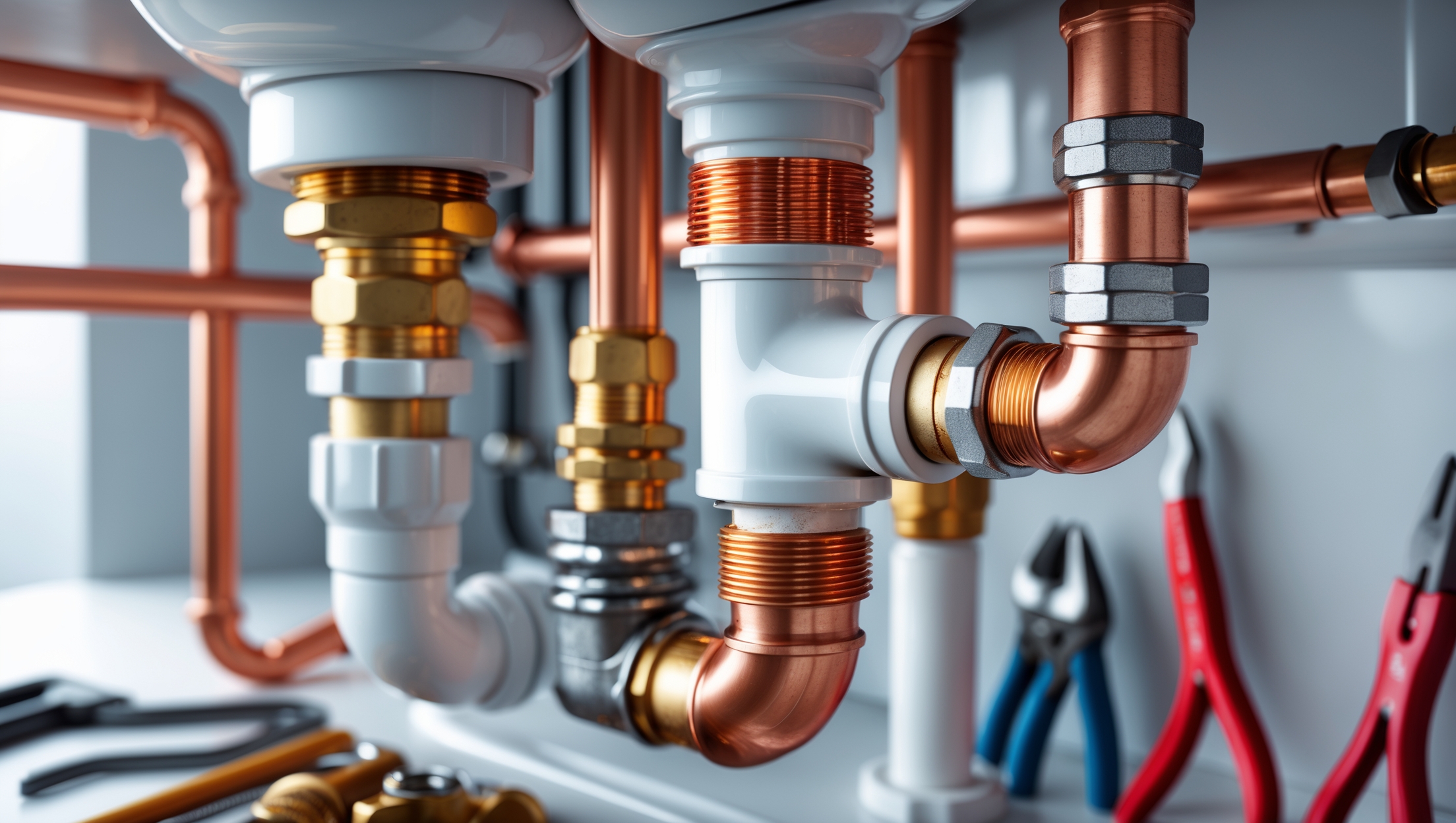

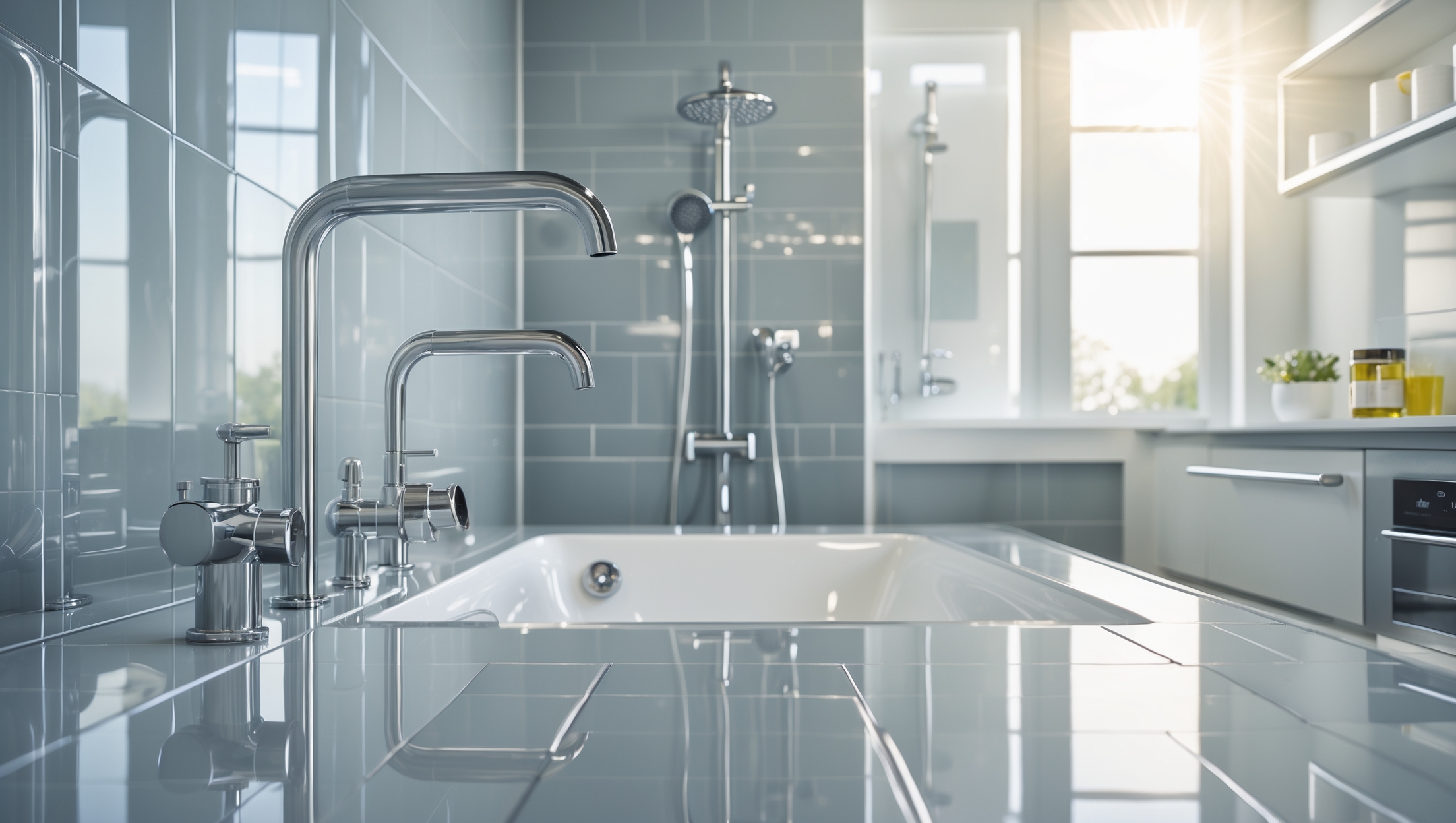

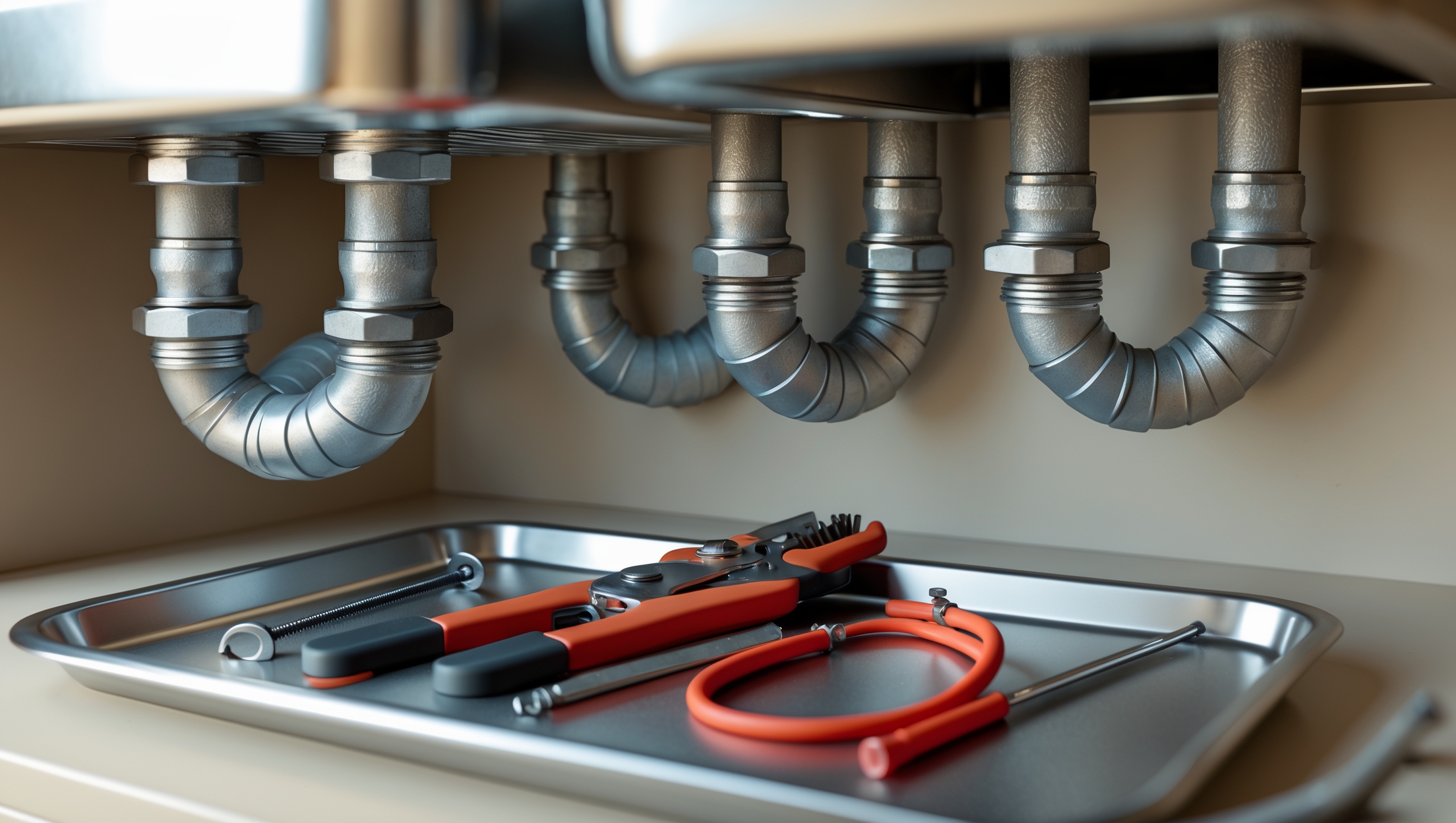



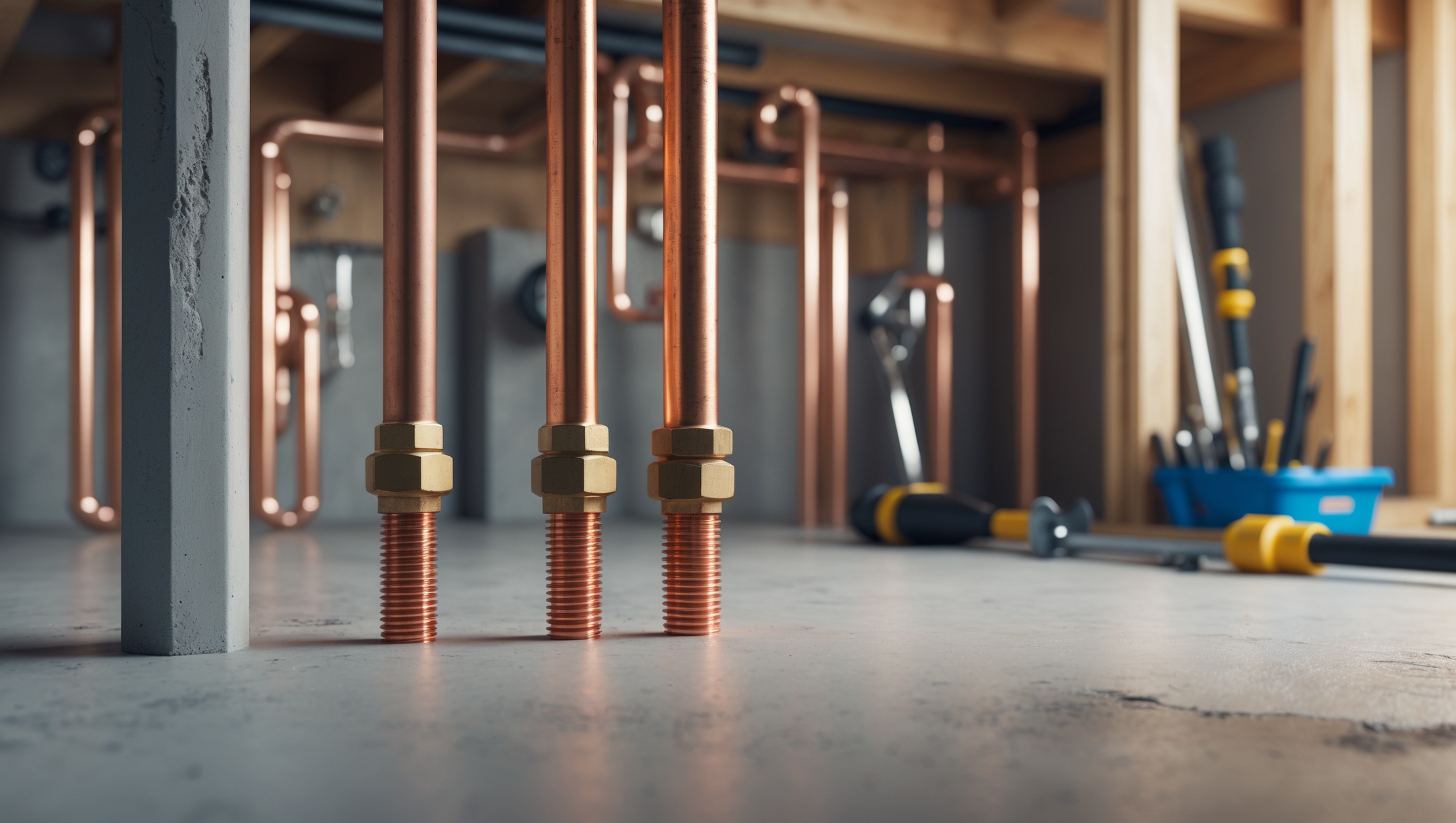
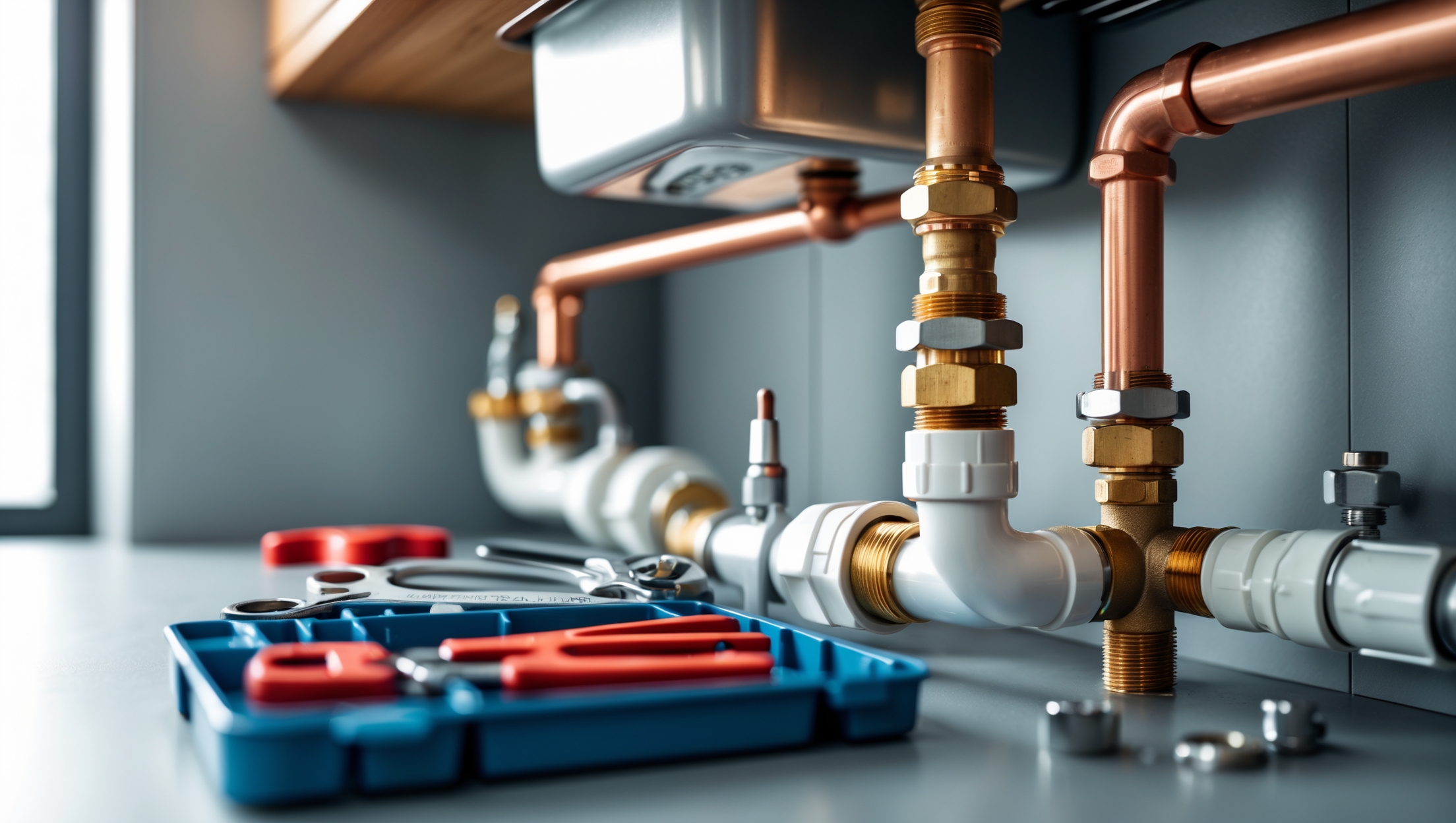
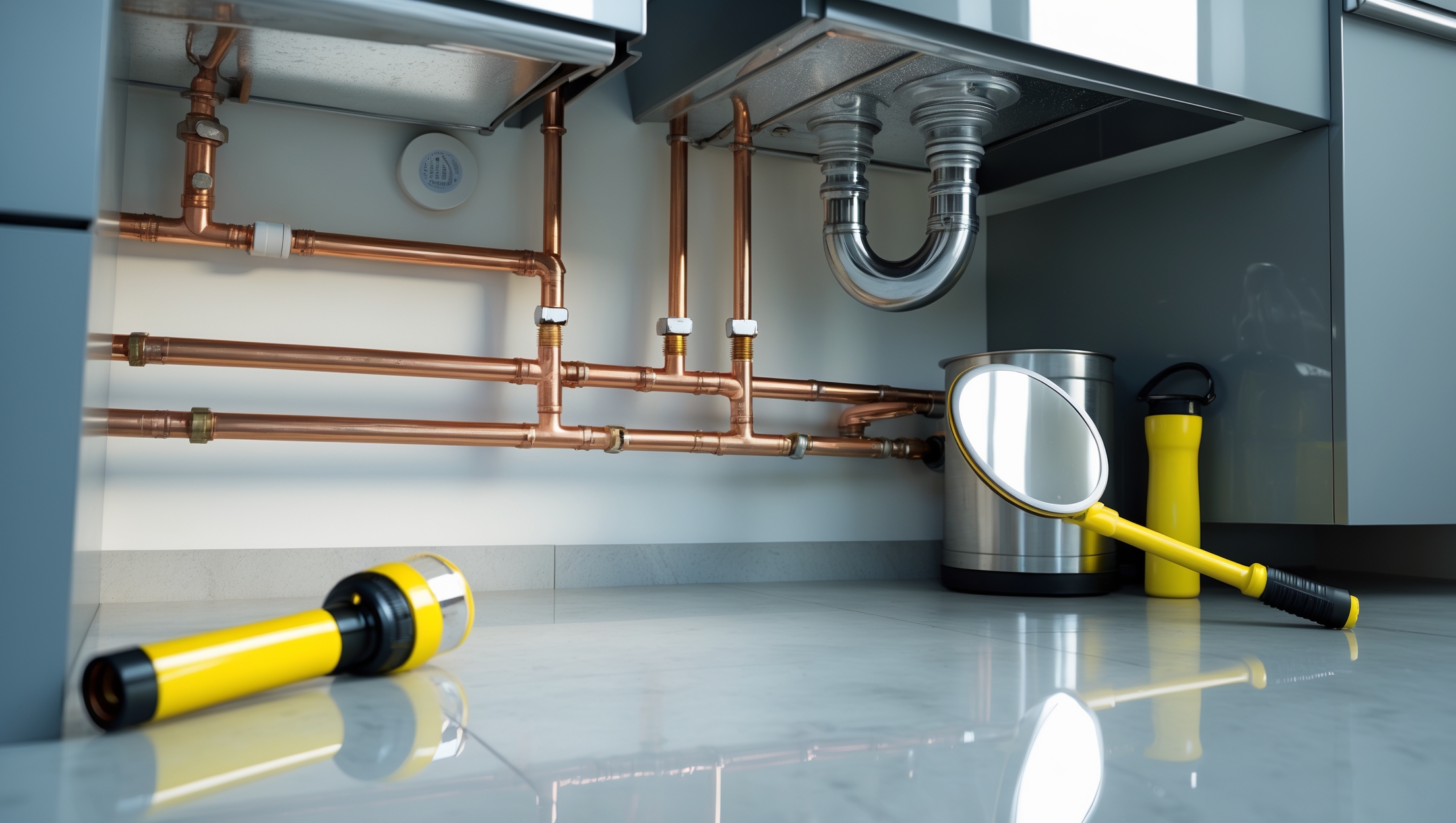
Joseph Smith
You mentioned that citrus peels can actually jam up the disposal. I’m wondering if other common things people think are safe, like small fruit pits or onion skins, could cause similar issues or if they’re okay to put down?